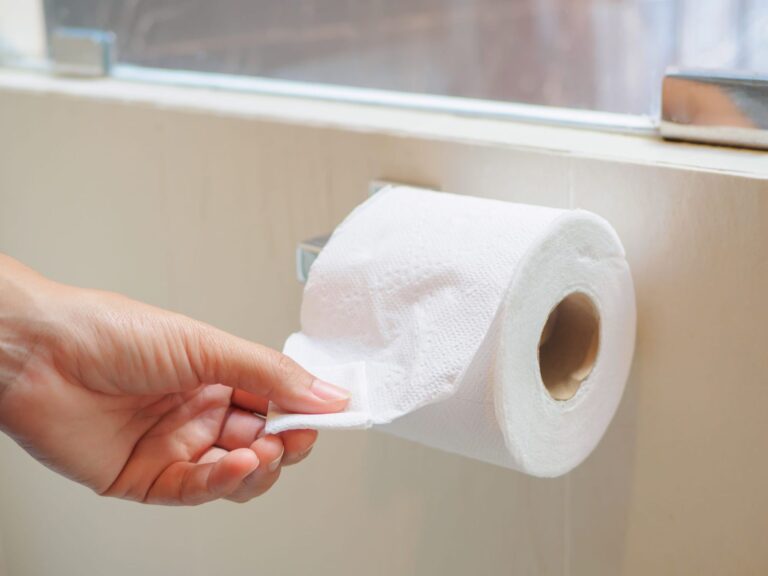The fact that you deal with diarrhea at home is not amusing, but there are easy ways you can use to lessen symptoms and fasten the progress of your recovery. Here are some effective ways to manage diarrhea without medical intervention:Here are some effective ways to manage diarrhea without medical intervention:
1. Stay Hydrated:
Dehydration can come about as a result of diarrhea due to two causes which are fluid and electrolytes. Moreover, it is imperative to drink a lot of fluids to recuperate them and hedge against dehydration. Pick water, plain broth, herbal teas, electrolyte drinks, or oral rehydration solutions as alternatives to replace the fluid.
2. Follow the BRAT Diet:
The BRAT diet is easy to remember (bananas, rice, applesauce, and toast), as a way many patients resort to for controlling diarrhea. Often, such pillowy foods are easily digestible, which allows the firmer up of stools and the provision of essential nutrients without irritating the gastrointestinal tract as a result. Additionally you may refer to a gastroenterologist for other food recommendations.
3. Avoid Certain Foods and Beverages:
It is advisable to avoid these foods and drinks that might worsen diarrhea or distress gut, including dairy products, fatty foods, spicy foods, caffeine, alcohol, and synthetic sugar.
4. Take Probiotics:
The study results show that probiotics are good bacteria for your gut which may help to shorten the duration and intensity of diarrhea as well. It might be a good idea to add prebiotic-friendly foods like yogurt or probiotic supplementation to restore intestinal flora balance.
5. Consume Easily Digestible Foods:
When you will begin eating normally, you should commence with easy to digest and bland food that is a tender and uncomplicated digestion. Good options are cooked or boiled potatoes, vegetables, plain crackers, lean proteins, chicken or fish boiled.
6. Use Over-the-Counter Medications Sparingly:
While non-prescriptions medicines, that contain loperamide could alleviate your symptoms, you are advised to avoid using it excessively and follow the directions of your physician. These drugs might slow down the motion of gut but will still come short of the balancing of the primary cease of diarrhea.
7. Follow Good Hygiene:
Diarrhea can be contagious, especially if it’s caused by an infection. You can follow some good hygiene habits to prevent the spread of this harmful ailment. Hygiene best practices can be washing your hands regularly with soap and water, especially after using the bathroom and before handling food.
8. Rest and Relax:
Allow your body time to rest and recover by getting plenty of rest and avoiding strenuous activities. Stress can exacerbate digestive symptoms, so practicing relaxation techniques like deep breathing, meditation, or gentle yoga may help alleviate discomfort.
9. Monitor Symptoms:
Keep track of your symptoms and how they change over time. If diarrhea persists for more than a few days, is accompanied by severe abdominal pain, fever, or bloody stools, or if you experience signs of dehydration such as extreme thirst, dry mouth, or dark urine, seek medical attention from a gastroenterologist in Islamabad promptly.
Dealing with diarrhea at home typically involves supportive care and symptom management. However, if diarrhea is severe, persistent, or accompanied by concerning symptoms, don’t hesitate to consult a healthcare professional for proper evaluation and treatment.

